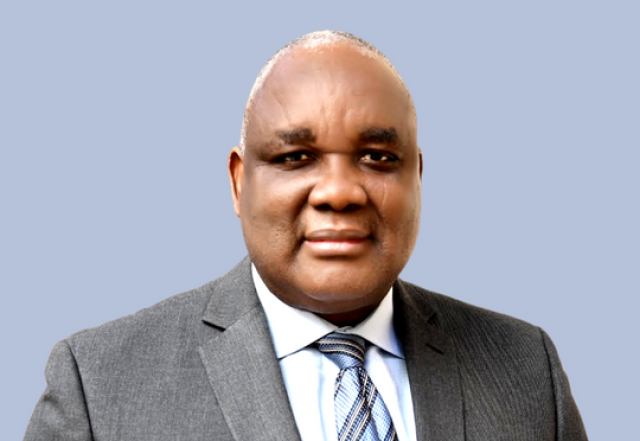The Nigerian Communications Commission (NCC) announced on Monday that it has approved a tariff adjustment capped at a maximum of 50 percent of existing rates for telecommunications operators, which is lower than the over 100 percent increase requested by some network providers.
In a statement Director of Public Affairs at the NCC, Reuben Muoka, said it was noted that this approval is in line with the commission's authority under Section 108 of the Nigerian Communications Act, 2003 (NCA) to regulate and sanction tariff rates and charges for telecommunications operators.
The industry regulator indicated that it will consider tariff adjustment requests from network operators based on current market conditions.
“The approved adjustment, limited to a maximum of 50 percent of current tariffs, although less than the over 100 percent sought by some operators, was determined with consideration of ongoing industry reforms that will positively impact sustainability.
“These adjustments will stay within the tariff bands outlined in the 2013 NCC Cost Study, and requests will be evaluated individually, as is the commission's standard procedure for tariff reviews. Implementation will strictly follow the recently issued NCC Guidance on Tariff Simplification, 2024,” the statement stated.
Tariff rates have remained unchanged since 2013, despite rising operational costs faced by telecom operators. The approved adjustment aims to bridge the significant gap between operational expenses and current tariffs while ensuring that service delivery to consumers is not compromised.
“These adjustments will enable operators to continue investing in infrastructure and innovation, ultimately benefiting consumers through enhanced services and connectivity, including improved network quality, better customer service, and wider coverage.
“Recognizing public concerns, this decision was made following extensive consultations with key stakeholders from both the public and private sectors.
“The NCC has prioritized finding a balance between protecting telecom consumers and ensuring the industry's sustainability, which includes the thousands of local vendors and suppliers that are vital to the telecommunications ecosystem.
“The NCC acknowledges the financial pressures on Nigerian households and businesses and is sensitive to the effects of tariff adjustments. Consequently, the commission has mandated that operators implement these changes transparently and fairly for consumers. Operators are also required to inform the public about the new rates while demonstrating measurable improvements in service delivery.
“Furthermore, the NCC reaffirms its commitment to fostering a resilient, innovative, and inclusive telecommunications sector. Beyond consumer protection, the commission's actions aim to ensure the long-term sustainability of the industry, support local vendors and suppliers, and promote the overall growth of Nigeria's digital economy.
“As a regulator, the NCC will continue to engage with stakeholders to create a telecommunications environment that benefits everyone—one that protects consumers, supports operators, and sustains the ecosystem that drives connectivity across the nation,” the statement emphasized.
Before the tariff review approval granted by the NCC, telecommunications companies, through their representative bodies, the Association of Telecommunications Companies of Nigeria (ATCON) and the Association of Licensed Telecoms Operators of Nigeria (ALTON), had advocated for an upward tariff review to counteract the rising operational costs and investment needs in the sector.
This demand follows 11 years of stable tariffs, during which the industry has encountered significant increases in operational costs and investments in network expansion and upgrades.
ATCON and ALTON stated that a tariff adjustment in the telecommunications sector has become necessary for operators to enhance the quality of their voice and internet services.
The President of ATCON, Tony Emoekpere, mentioned that, in addition to tariff adjustments, operators would also require economic incentives to alleviate the effects of rising operational and capital costs.
The associations urged the Federal Government to facilitate constructive dialogue with industry stakeholders to tackle pricing challenges and establish a framework that balances consumer affordability with operators' financial viability.
“Despite the challenging economic environment, the telecommunications industry remains the only sector that has not adjusted its general service pricing framework upward in the past 11 years, mainly due to regulatory constraints.
“For a fully liberalized and deregulated sector, the current price control mechanism, which does not align with economic realities, jeopardizes the industry's sustainability and could undermine investor confidence,” they stated.




















